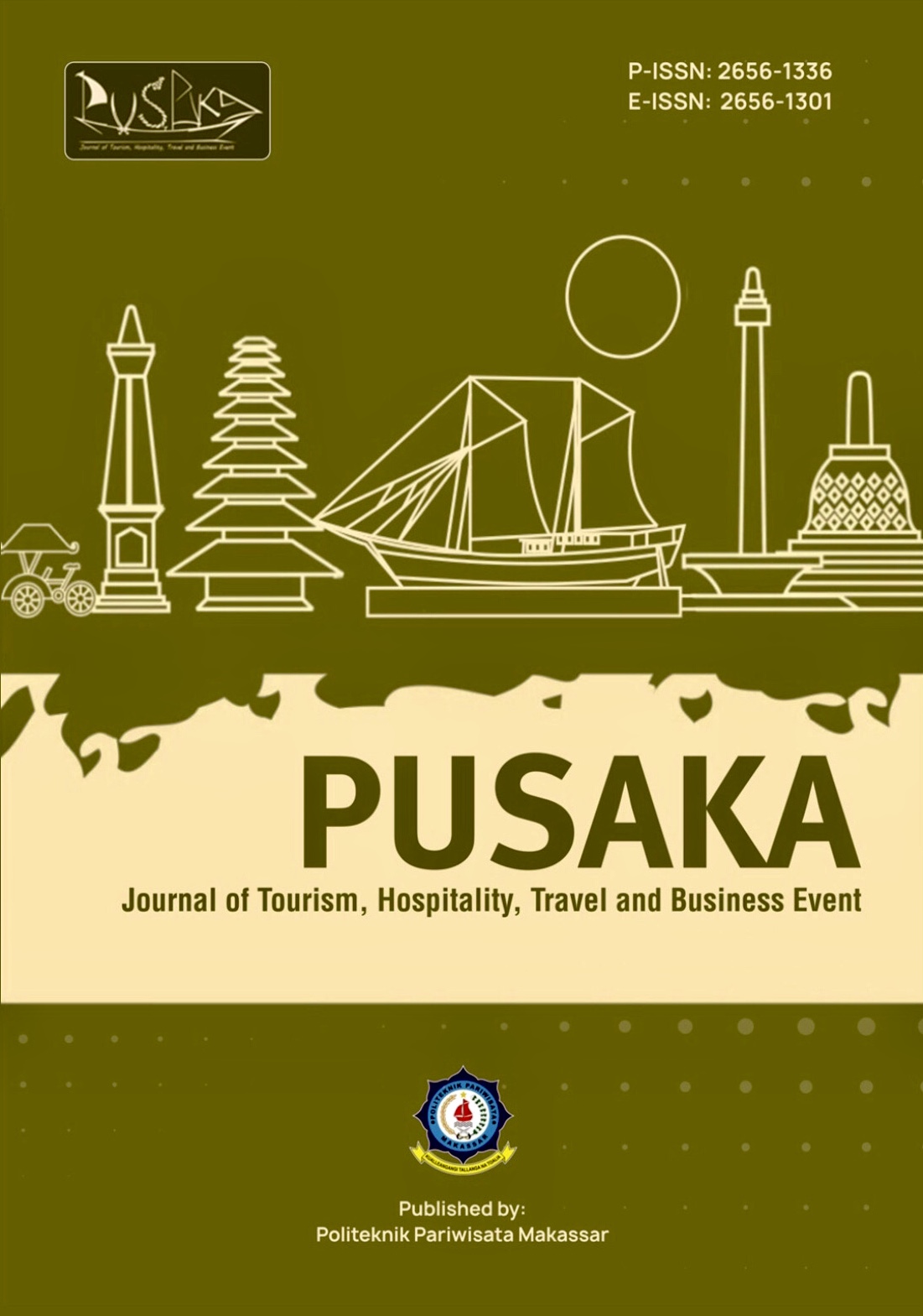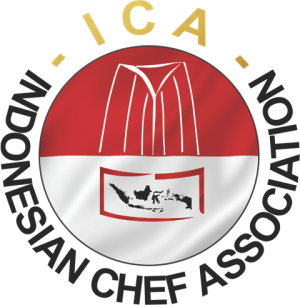Pengelolaan Kampung Nelayan Sebagai Desa Wisata di Kabupaten Majene, Sulawesi Barat
DOI:
https://doi.org/10.33649/pusaka.v2i1.43Keywords:
Community Empowerment, Tourism Village, Majene RegencyAbstract
This research aims at 1) analyzing the tourism potential of Kampung Nelayan (Majene Regency) as tourism village; 2) recommending steps or mechanisms to implement Kampung Nelayan as tourism village. This paper employs a qualitative approach to answer research questions through research visit in July and September 2019. The authors collected research data through in-depth interviews and direct observation. The research reveals that Kampung Nelayan has the potential for tourism village based on community empowerment principles. Kampung Nelayan has potential of marine tourism and cultural tourism. The steps to implement Kampung Nelayan as tourism village including 1) identification of members of community under the categories of internal and external community groups; 2) involving the community members in tourism programs and 3) follow up of community collaboration by the internal and external groups of community.
References
Beeton, S. (2006). Community development through tourism. Collingwood, Australia, Landlinks Press.
EuroBarometer, 1990. Facts and figures on the European’s Holiday, Eurobarometer for DG XXIII, Brussels.
Flick, U., et al. (2004). What is qualitative research? an introduction to the field. A companion to qualitative research. U. Flick, E. v. Kardorff and I. Steinke. London, SAGE: 3-12.
Manyara, G. and E. Jones (2007). Community-based tourism enterprises development in Kenya: an exploration of their potential as avenues of poverty reduction." Journal of Sustainable Tourism 15(6): 628-644.
Pena, A. I. P. and Jamilena, D.M.F. (2010). The relationship between business characteristics and ICT deployment in the rural tourism sector: the case of Spain. International Journal of Tourism Research 12: 34-48.
Sari, R. (2016). Pemberdayaan Masyarakat Melalui Pengembangan Usaha Pariwisata. Jurnal AlBayan / Vol. 22 No. 34 Juli - Desember 2016.
Saxena, G. (2012). Geographies of rural tourism: current progress and paradoxes. The routledge handbook of tourism geographies. J. Wilson. Oxon, Routledge: 225-231.
Sharpley, R. and D. Jepson (2011). Rural tourism: a spiritual experience? Annals of Tourism Research 38(1): 52-71.
Soleimanpour, H. (2012). Legal Implications for Nature-based Tourism Ecotourism and sustainable tourism: New perspectives and studies. J. A. Seba. Toronto, Apple Academic Press: 17-29.
Stamous AG and Paraskevopolos, S. 2006. Representing protected areas: a critical discourse analysis of tourism destination building in a Greek travel magazine. The International Journal of Tourism Research, 8:431 -449.
Zapata, M. J., et al. (2011). Can community-based tourism contribute to development and poverty alleviation? Lessons from Nicaragua. Current Issues in Tourism 14(8): 725-749.
Zhou, L. 2014. Online rural destination images: Tourism and rurality. Journal of Destination Marketing & Management, 3 (4) 227-240. Doi:10.1016/j.jdmm. 2014.03.002
Downloads
Published
How to Cite
Issue
Section
License

This work is licensed under a Creative Commons Attribution-ShareAlike 4.0 International License.






















